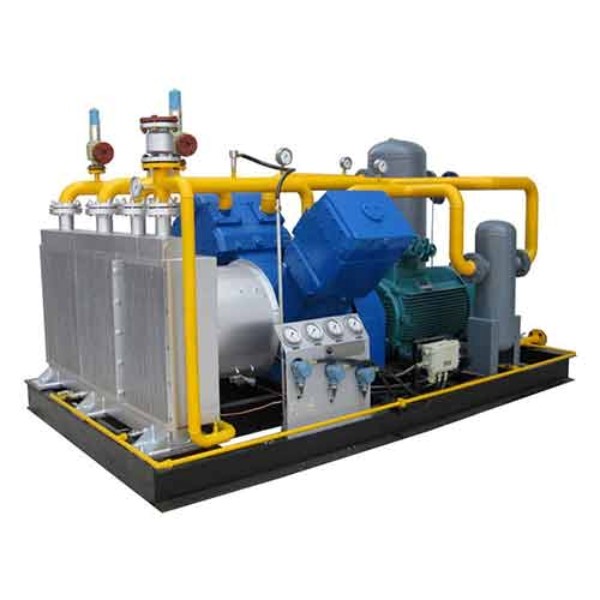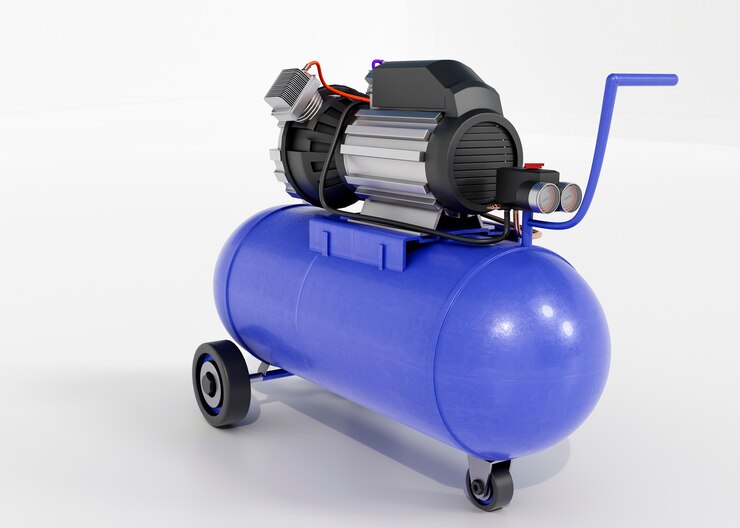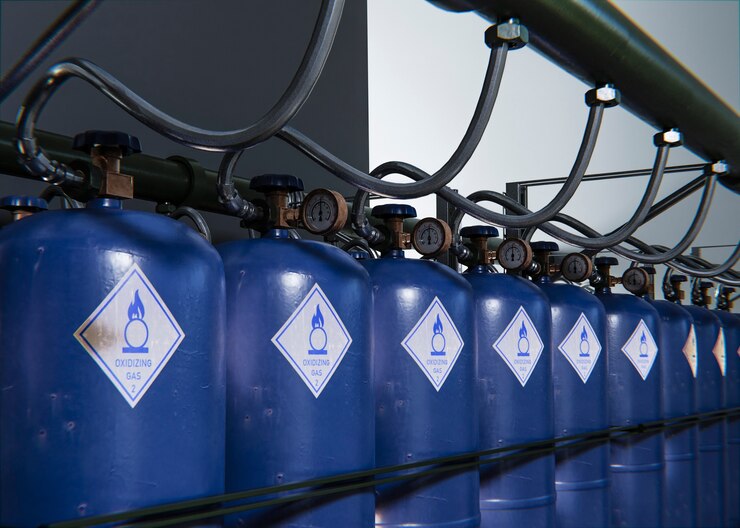The LEiYAO CNG Natural Gas Compressor is A Fast-Growing Solution in the Market
Fast-Growing LEiYAO CNG Natural Gas Compressors
It is apparent that natural gas compressors occupy an important place in the energy industry and are an important link for many industries to use CNG natural gas compressor and LNG. These machines are utilized in production fields, pipelines, and CNG refueling stations all of which make the utilization of this fuel efficient. Due to the increasing use of natural gas as an environment-friendly fuel, there is a steady increase in the requirement for efficient natural gas compressors. In this article, we will focus on LEiYAO natural gas compressors, their functionality, and types of technical equipment. Our compressors are manufactured with reliabilities, safety, and performance features integral for optimizing the natural gas distribution network.
Elements of Natural Gas Compressors and Their Attributes
Present-day natural gas compressors are splendid machines loaded with improved features that not only improve their performance and durability but also efficiency. Some of the standout features include:
Advanced Filtration Systems
The ability to filter is paramount in the production and delivery of natural gas. There is always some fine filtration to remove contaminants from the gas stream and in order not wear out the internals of compressors and ensure that the resulting stream is sufficiently pure to meet standard market requirements.
Monitoring and Diagnosis From a Distance
Presently, through the incorporation of IoT technology, most natural gas compressors are equipped with either remote monitoring or diagnostic services. This enables the operators to monitor the performance data in real-time, look for signs of system failure, and then correct it through a remote control center. This innovation improves the compressor’s life and also minimizes the chances of experiencing downtime.
Energy Recovery Systems
It may be stated that improvement in the efficiency of compression is important in the case of natural gas. Compressors installed with energy recovery features can monitor and collect waste heat made during compressing processes and utilize it in refrigeration, heating or power generation. This in turn cuts operation expenses to an extent and is friendly to the natural environment.
Customization Options
Every natural gas compressor has certain levels of customization available. The basic capacity of the configuration along with the pressure level and the integration of the compressors are wholly customizable according to the needs of a particular manufacturing project. This means that each of the systems will be as efficient as possible for its purpose, whether that purpose is pumping fuel for a small number of consumer refueling stations, or an extensive pipeline distribution system.
CNG Compressor: How to Choose?
When selecting a compressor, consider the following factors:
2. Capacity: How much of the given gas needs to be compressed at any one time?
3. Maintenance Frequency: Some of these compressors will demand more frequent maintenance than others so consider this in terms of time and money you will be able to spend.

Uses of Natural Gas Compressors
Natural gas compressor is flexible utility equipment employed in many sectors as they help in the manufacture, movement, as well as consumption of natural gas. Here are some key applications:
Gas Production and Gathering
In natural gas production fields, there are compressors that help to pump the extracted gas at higher pressures. These compressors raise the pressure of the gas to transport it from well wellhead to the processing companies or pipelines. In gas gathering systems, individual wells transport natural gas directly to a compressor station to merge it with other wells before it is ready to be transported.
Natural Gas Storage Facilities
During low demand, the excess natural gas is first compressed and stored in underground storage facilities. Compressors make sure the gas is compressed to high pressure so that it can be easily stored. For the distribution of gas when the demand rises, the stored gas is released through depressurization and then used to serve consumers.
The Liquefaction of Natural Gas for Export
A kind of natural gas needs to be first compressed when it is in the production process of LNG. Pumps also serve in conditioning the gas for the liquefaction process, in which the gas is cooled down to about -162 degrees Celsius (-260 degrees Fahrenheit) and made to become a liquid. This is necessary for use when transferring natural gas for long distances; this is because LNG takes less space as compared to the gaseous state.
CNG and LNG Fueling Stations
Compressors are also used in CNG and LNG fuel stations including in CNG and LNG dispensing. CNG is employed as a vehicle fuel and the compressors guarantee that the gasoline is retained at the appropriate high pressures necessary in re-fueling these automobiles. From the commercial fleet to the public transport services, natural gas fueling stations depend on compressors for efficient flow.
The Future of CNG Compressors
This may be so since more and more industries and governments turn to clean energy and CNG natural gas, more efficient natural gas compressors will be required. Modern-day advancements in the field encompass issues of economy, emission factor, and cost of operating a gas compressor.
The Main Structure of a Natural Gas Compressor
A CNG natural gas compressor is composed of several essential components designed for optimal performance and safety:
• Compression Mechanism: This is the main working of the compressor where natural gas is compressed this is the heart of the compressor, and it is the p External Link: compressor suction drum and compressor discharge drum. The mechanism may, therefore, consist of one or more steps of compression, depending on the desired pressure.
• Cylinder and Piston: In reciprocating compressors, the gas is compressed by a piston that is enclosed in a cylinder. Other forms of compressors, such as centrifugal or screw compressors or reciprocating compressors, work in the same method but apply the use of rotational components.
• Cooling System: This results in the production of a lot of heat when gas is compressed. Compressors produce heat that needs to be controlled to allow them to reach their desired operating temperatures and the cooling systems are fitted to the compressors.
• Drive System: The compression mechanism utilizes a drive system through an electric motor or a gas engine depending on the application.
• Valve Arrangement: Compressors include inlet and discharge valves for controlling the rate of the natural gas flow.
• Control and Monitoring Systems: These systems also offer online evaluation of the efficiency of the compressor and this enables a change to be made and makes the operations safe.
• Safety Features: Some of the safety features that additionally equipped natural gas compressors include relief valves and emergency shutdown tools for the protection of the equipment and the operators.
• Materials Selection: Natural gas compressors are mostly made of materials that can resist corrosion from the surrounding conditions in is to operate.
Conclusion:
Natural gas compressor is indispensable to the energy industry, supporting everything from gas production to transportation and storage. With advanced technologies like remote monitoring, energy recovery, and customization options, modern compressors are more efficient and reliable than ever. For more details about compressor models and specifications, check out China Compressors, where you can explore a range of compressors designed for high-efficiency natural gas applications.



